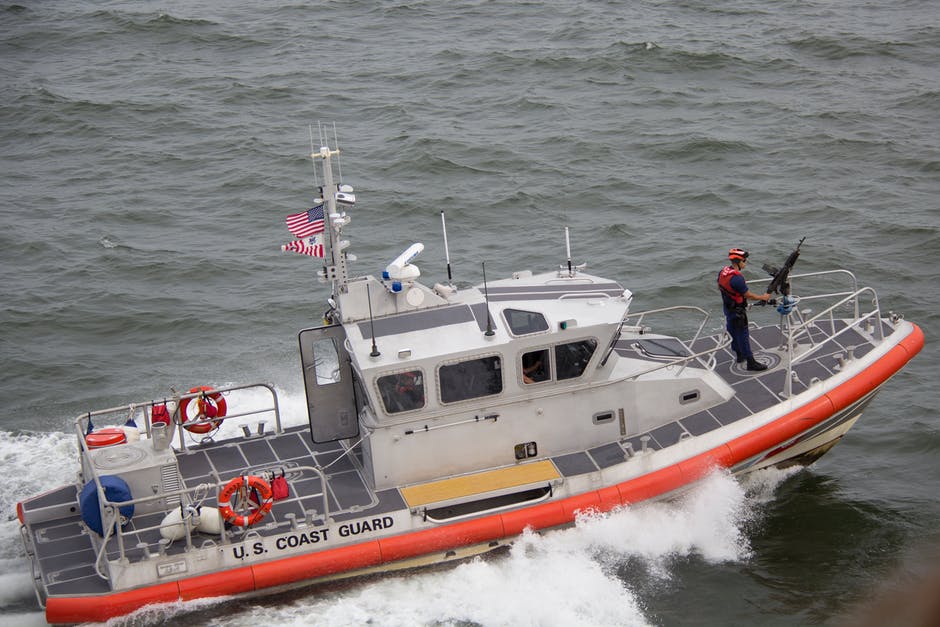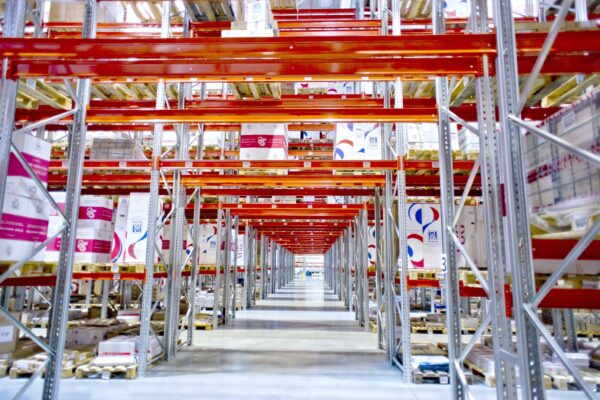
How safe is your cargo sent by sea? Is that ship safe when it docks? Maritime security can be inadequate in many places, especially at night.
Without proper protection from criminal and terrorist activities, the safety of our waters and the global maritime supply chain can be compromised. That’s why it’s important to have a good understanding of how to improve your ship’s security. Here are some tips on how you can make sure that your ship remains safe and secure at all times.
What Is Maritime Security?
Maritime security is an essential aspect of global trade. It refers to the protection of ships, ports, and the surrounding waters from any form of criminal or terrorist activity. This includes, but is not limited to, piracy, smuggling, and illegal fishing.
Maritime security is business security. It is crucial for the safe and efficient flow of global trade, as well as for protecting the lives and property of those who work and travel on the waters.
Shipyard Security
Shipyard security is a critical aspect of the maritime industry. It is responsible for protecting the shipyard and its assets from potential threats, such as:
- Theft
- Sabotage
- Terrorism
To achieve this, shipyard security employs a variety of techniques and technologies, such as:
- Surveillance cameras
- Access control systems
- Security personnel
These measures deter potential criminals and detect any suspicious activity. Ensuring the security of a shipyard is important for not only the safety and well-being of the workers but also for the continuity of operations.
Shipyards must comply with regulations and standards set by the government and industry bodies to guarantee the security of the shipyard. If you are in charge of the security of a shipyard, it is important to stay informed about the latest security trends and technologies. This helps to ensure the protection of your shipyard and its assets.
Port and Coastal Area Security
Another important aspect of maritime security is the protection of ports and coastal areas. This includes measures such as regular patrols and inspections of ships entering and leaving port.
Surveillance technology such as cameras and radar systems is also important. Ports and coastal areas may also have physical security measures in place, such as barriers and checkpoints.
Challenges in Ensuring Maritime Security
The size of the ocean and the ease with which ships can move between countries and waters pose a major challenge. This makes it difficult for any one country or organization to monitor and protect all ships and ports.
To address this, international cooperation and coordination are essential. This includes agreements and partnerships between countries. The use of shared surveillance and response capabilities is important.
Protection of the Global Maritime Supply Chain
Another key aspect of maritime security is the protection of the global maritime supply chain. This includes the safety of cargo ships and the goods they transport. It also includes the protection of key infrastructure such as ports and shipping lanes.
Ship security is not only important for the safety of those who work on the ships, but also for the smooth and efficient flow of global trade. Alerts, drills, and exercises are important to ensure safety and security.
Understanding Potential Threats
In order to effectively protect ships and ports, it is essential to have a comprehensive understanding of the potential threats. This includes being aware of the tactics and methods used by pirates and other criminals. You must as well as understand the current political and economic conditions in areas where threats are most likely to occur.
Having good intelligence and being able to share information between countries and organizations is also crucial.
The Challenges of Nighttime Maritime Security
One of the main challenges of nighttime security is limited visibility. The darkness of the night can make it difficult to detect potential threats. Effective surveillance systems must be in place to detect and track ships and other vessels in the area, even in low-light conditions.
Criminals may use the cover of darkness to smuggle contraband or engage in other illegal activities without being detected. This makes it important to have measures in place to detect and prevent these activities, such as regular patrols and inspections of ships entering and leaving port.
Measures for Nighttime Maritime Security
One of the key measures for nighttime maritime security is the use of surveillance systems. This can include the below tools and techniques:
- The use of radar and cameras
- The use of drones or unmanned aerial vehicles (UAVs)
- Physical barriers like barbed wire
- Watertight doors on ships
- Barriers at checkpoints, ports, and other coastal areas
- Proper lighting
- Thermal imaging
- Night vision goggles
These can provide an additional layer of surveillance, allowing for a closer look at potential threats. They help prevent crime and provide a greater level of security. Terrorism and piracy prevention is important for the safety of everyone at sea.
Naval Security
Naval security is a critical aspect of national defense and global security. It refers to the protection of naval assets, such as ships and submarines, from potential threats such as:
- Piracy
- Terrorism
- Espionage, and other forms of aggression
These measures include the use of:
- Surveillance
- Reconnaissance
- Maritime patrol aircraft
- Naval vessels
- Security protocols to detect and deter potential adversaries
Ensuring the security of naval assets is essential for maintaining maritime security. It protects
the country’s economic and strategic interests and ensures the freedom of navigation. Naval security also includes the protection of naval bases, ports, and other critical infrastructure.
It also involves ensuring compliance with international laws and regulations for the security and safety of the seas. As such, naval security is a multi-faceted and ongoing effort that requires constant monitoring, adaptation, and improvement.
Protecting Our Coastal Borders
Ensuring maritime security is of the utmost importance for protecting our coasts from criminal and terrorist activities. The measures discussed here are effective ways to improve nighttime maritime security. It’s essential for coastal communities and the government to work together to ensure the safety and security of our seas.
Proactive measures are essential to deter criminal activity. This is where Verdugo Transportation Security Consultants comes in. We are professional and experienced security consultants that can guide you through the process. Contact us to help you increase your shipyard security.

